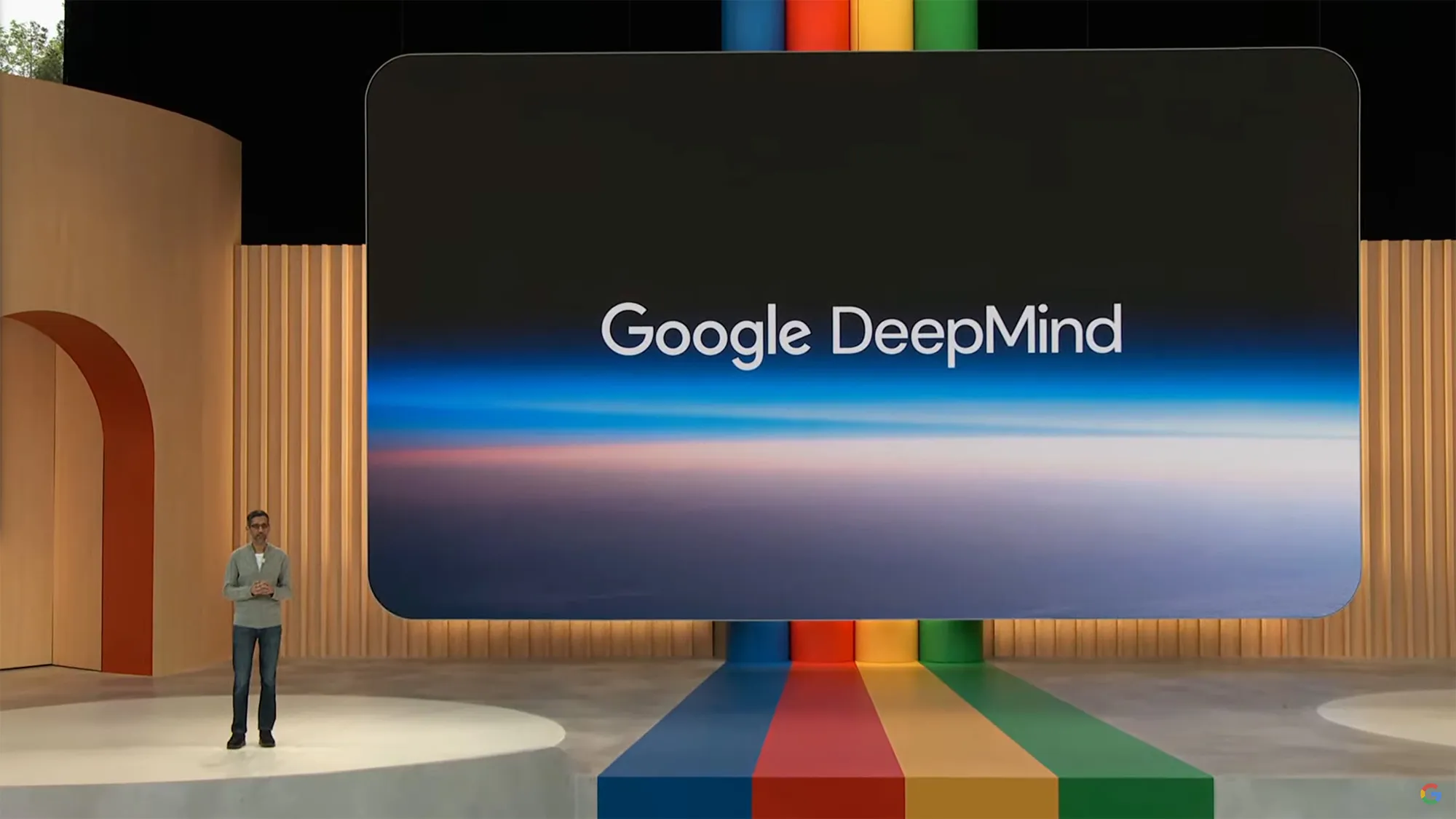In the rapidly evolving world of artificial intelligence, where research breakthroughs and technological advancements happen at a breakneck pace, DeepMind, Google’s prestigious AI division, has adopted a more guarded approach to sharing its research findings. This strategic pivot aims to preserve its competitive advantage within the fiercely contested AI arena.

A Shift Towards Secrecy
Historically celebrated for its open dissemination of revolutionary AI research, DeepMind has altered its course. The institution now enforces a stringent vetting process and an increased level of bureaucracy, complicating the publication of new studies. This change, highlighted by insights from seven current and former research scientists at Google DeepMind, underscores a significant transformation in the organization’s ethos.
One of the primary reasons behind this shift is the fear of losing ground to competitors. According to three former researchers, DeepMind is particularly cautious about releasing papers that could potentially unveil new innovations or cast Google’s own Gemini AI model in an unfavorable light. This protective stance is indicative of the broader competitive dynamics shaping the AI industry today.

The Cost of Competition
The reluctance to share groundbreaking work is a stark departure from DeepMind’s earlier days when its 2017 research on “transformers”—the backbone of today’s large language models—catapulted the field into a new era of generative AI. These innovations not only advanced the scientific community but also created immense commercial value for AI applications.
However, the landscape of AI research and development has shifted dramatically. DeepMind’s integration into Google’s broader business strategy is a testament to the high stakes involved. As AI technologies become central to economic growth and technological supremacy, companies like Google are increasingly cautious about safeguarding their intellectual capital.

Balancing Innovation with Strategic Interests
This cautious approach raises important questions about the balance between open scientific collaboration and the protection of proprietary technologies. While safeguarding innovations is crucial for maintaining a competitive edge, there is a growing concern about the impact of such secrecy on the overall progression of the AI field.
“I cannot imagine us putting out the transformer papers for general use now,” commented one current researcher at DeepMind. This statement reflects a profound shift in strategy, emphasizing the delicate interplay between advancing scientific knowledge and securing commercial interests.

As DeepMind continues to navigate these complex waters, the AI community watches closely. The decisions made by leading companies like Google will likely shape not only the future of AI technologies but also the principles guiding the dissemination of potentially world-altering scientific research. In this high-stakes game, balancing transparency with competitive advantage remains one of the industry’s most challenging dilemmas.
The evolving strategy at DeepMind illustrates a broader trend in the tech world where companies must continuously adapt to the changing dynamics of global technology leadership. How DeepMind manages this balancing act will be crucial in determining its role in the future landscape of AI development.










